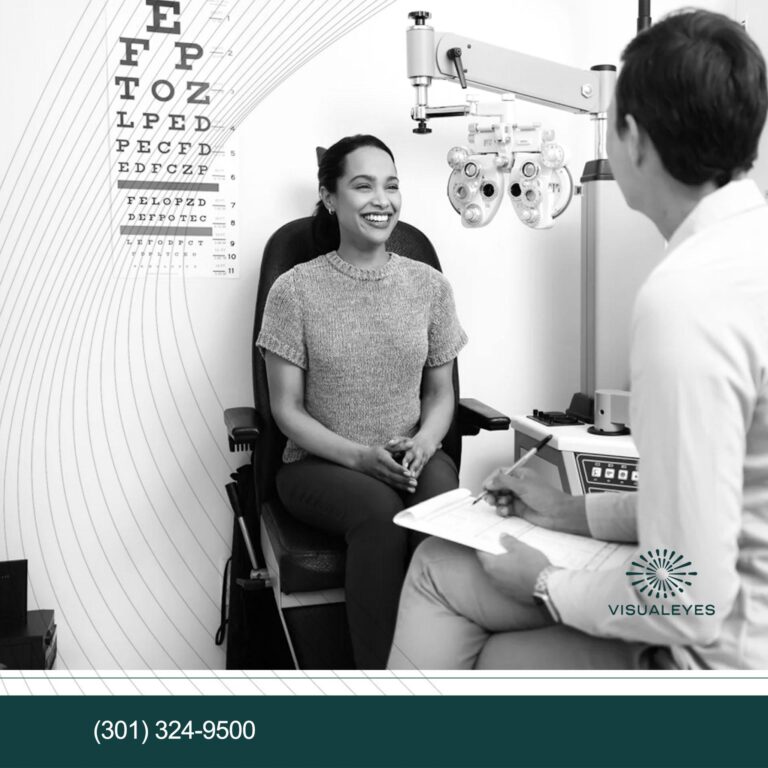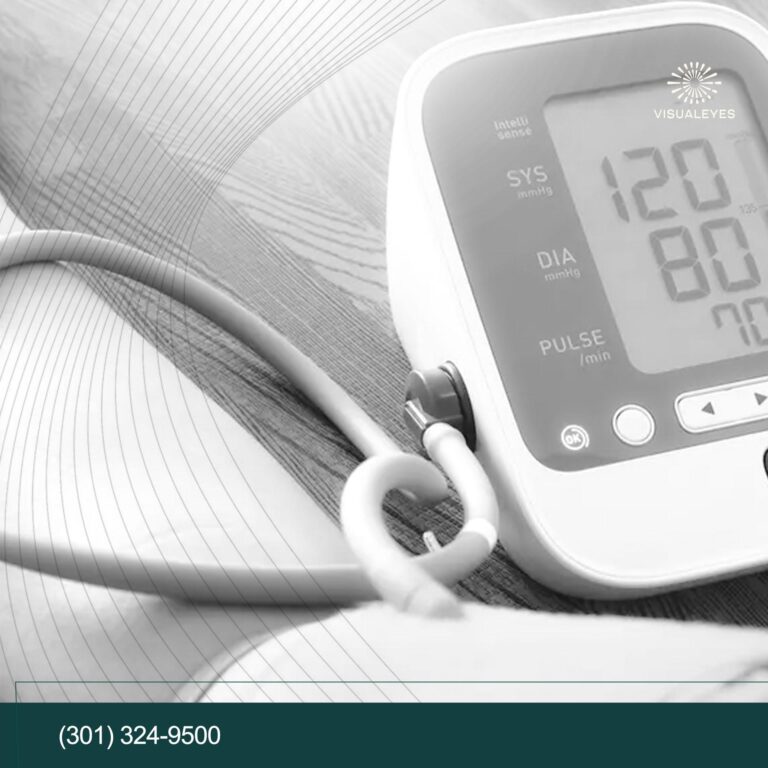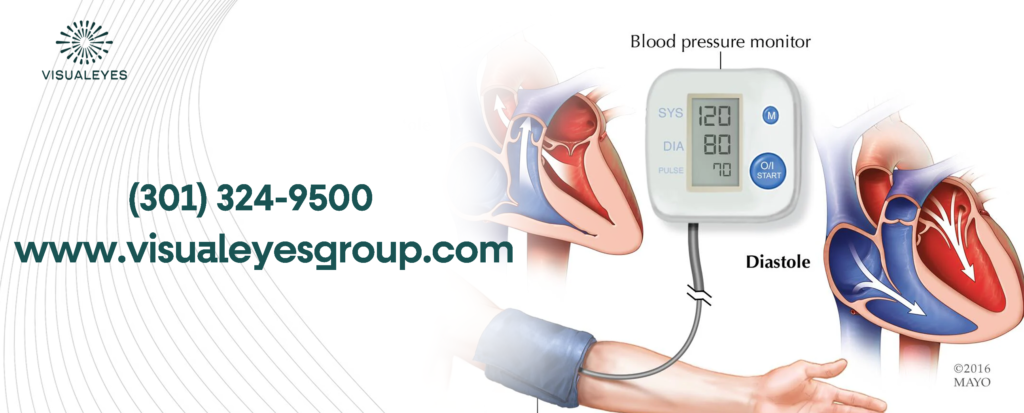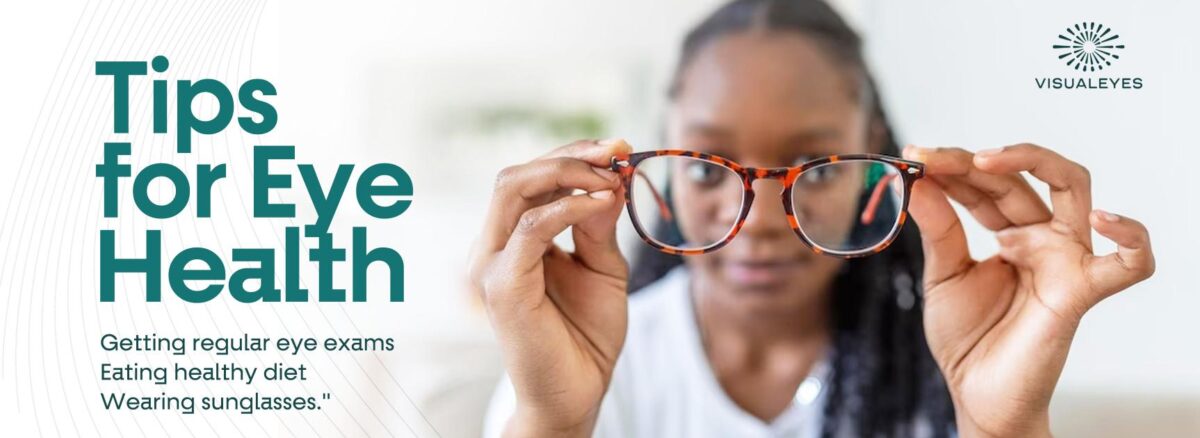- August 16, 2023
- Deborah Jackson
- Comment: 0
- Award Winning, blog, Eye Health and Wellness
Introduction
Your eyes are one of your most important senses. They allow you to see the world around you and connect with others. Here are 10 tips for keeping your eyes healthy:
Get regular eye exams:
This is the most important thing you can do for your eye health. Eye exams can detect eye problems early, when they are most easily treated. Eye exams are important for detecting eye problems early, when they are most easily treated. Eye exams can also help to identify eye diseases that may not have any symptoms yet. The American Optometric Association (AOA) recommends that adults get a comprehensive eye exam every 1-2 years. Children should have their first eye exam at age 6 months, and then every year after that

Wear sunglasses:
Sunglasses protect your eyes from harmful UV rays. UV rays can damage your eyes and increase your risk of cataracts and macular degeneration. Wear sunglasses: Sunglasses protect your eyes from harmful UV rays. UV rays can damage the cornea, the clear front part of the eye, and the retina, the light-sensitive tissue at the back of the eye. They can also increase the risk of cataracts and macular degeneration. Sunglasses should block 99% of UV rays.

Eat a healthy diet:
Eating a healthy diet rich in fruits, vegetables, and whole grains can help to protect your eye health. These foods are high in antioxidants, which can help to protect your eyes from damage. Eating a healthy diet rich in fruits, vegetables, and whole grains can also help to protect your eye health. These foods are high in antioxidants, which can help to protect your eyes from damage.

Some specific foods that are good for eye health include:
- Dark leafy greens, such as spinach and kale
- Orange fruits and vegetables, such as carrots and sweet potatoes
- Berries, such as blueberries and strawberries
- Fish, such as salmon and tuna
- Nuts and seeds
Quit Smoking:
Smoking is one of the leading causes of preventable death in the world. It is also a major risk factor for many eye diseases, including cataracts, macular degeneration, and glaucoma. Cataracts are a clouding of the lens in the eye. They are the leading cause of blindness in the world. Smoking increases the risk of developing cataracts by two to three times. Macular degeneration is a condition that damages the macula, the part of the retina responsible for central vision. It is the leading cause of vision loss in people over the age of 60. Smoking doubles the risk of developing macular degeneration. Furthermore glaucoma is a disease that damages the optic nerve, the nerve that carries vision signals from the eye to the brain. It is the second leading cause of blindness in the world. And increases the risk of developing glaucoma by two to four times. In addition to these eye diseases, smoking can also cause other eye problems, such as:
- Dry eye
- Floaters
- Arcs of light
- Retinal detachment
- Eye infections
If you smoke, quitting is the best thing you can do for your eye health. When you quit smoking, your risk of developing eye problems starts to go down. Within 20 minutes of quitting, your blood oxygen levels start to improve. Within 12 hours, the carbon monoxide levels in your blood drop to normal. Within 2 weeks to 3 months, your circulation improves and your risk of heart disease starts to go down. Within 1 to 9 years, your risk of stroke starts to go down. If you are having trouble quitting smoking, there are many resources available to help you. Talk to your doctor about quitting smoking. There are also many online and telephone resources available. By quitting smoking, you can protect your eyes and your overall health.
Here are some additional things to keep in mind about how smoking damages your eyes:
- The chemicals in tobacco smoke can damage the cells in the eyes, leading to vision problems.
- Smoking can also reduce the amount of oxygen that reaches the eyes, which can further damage the cells.
- The risk of eye problems from smoking is even greater if you smoke heavily or have a family history of eye diseases.
- If you are concerned about your eye health, talk to your doctor. They can help you assess your risk of eye problems and recommend ways to protect your vision.
Control your blood pressure
Smoking is the leading cause of preventable death in the world. It is responsible for about 5 million deaths each year, including about 41,000 deaths in the United States. Smoking damages nearly every organ in the body, including the heart and blood vessels. One of the ways that smoking damages the body is by causing high blood pressure. High blood pressure is a condition in which the force of blood against the walls of the arteries is too high. This can damage the arteries and lead to a number of health problems, including heart disease, stroke, and kidney disease. There are a number of ways that smoking can cause high blood pressure. One way is by narrowing the arteries. When the arteries are narrowed, the heart has to work harder to pump blood through them, often lead to high blood pressure. Smoking also damages the lining of the arteries. This can make the arteries more likely to clot. Clots can block blood flow and cause a heart attack or stroke. Smoking also increases the production of stress hormones. These hormones can also raise blood pressure. Quitting smoking is the best way to lower your risk of high blood pressure and other health problems. When you quit smoking, your blood pressure will start to go down within a few weeks. Within a year, your blood pressure will be about the same as it was before you started smoking.

If you smoke and have high blood pressure, it is important to work with your doctor to control both conditions. There are a number of medications that can help to lower blood pressure. Your doctor can also help you to quit smoking.
Conclusion
Remember that prevention is key to maintaining good eye health. By adopting these practices and being proactive about your eye care, you can enjoy clear vision and reduce the risk of developing serious eye conditions as you age. If you experience any changes in your vision or discomfort, seek advice from an eye care professional promptly.


